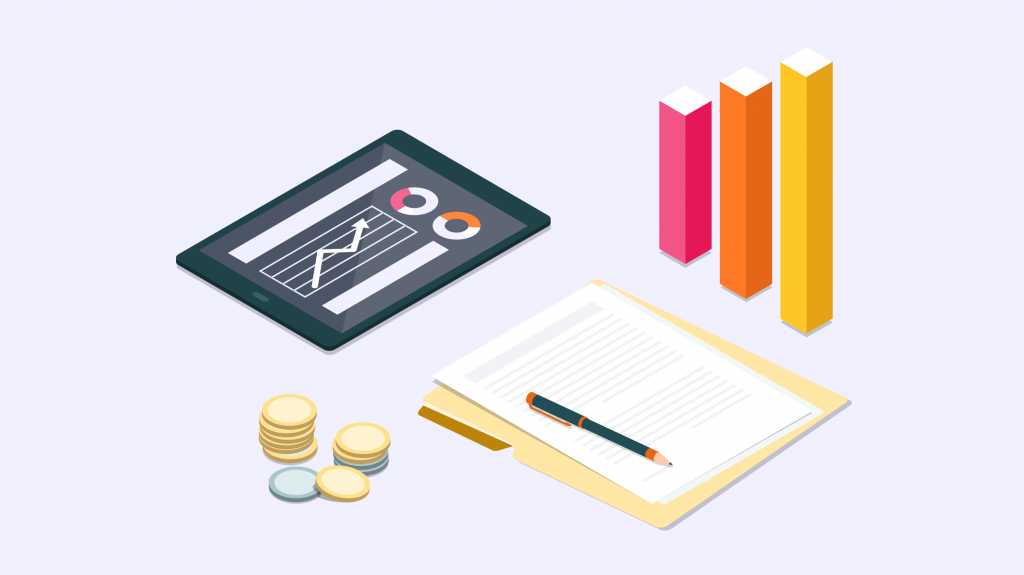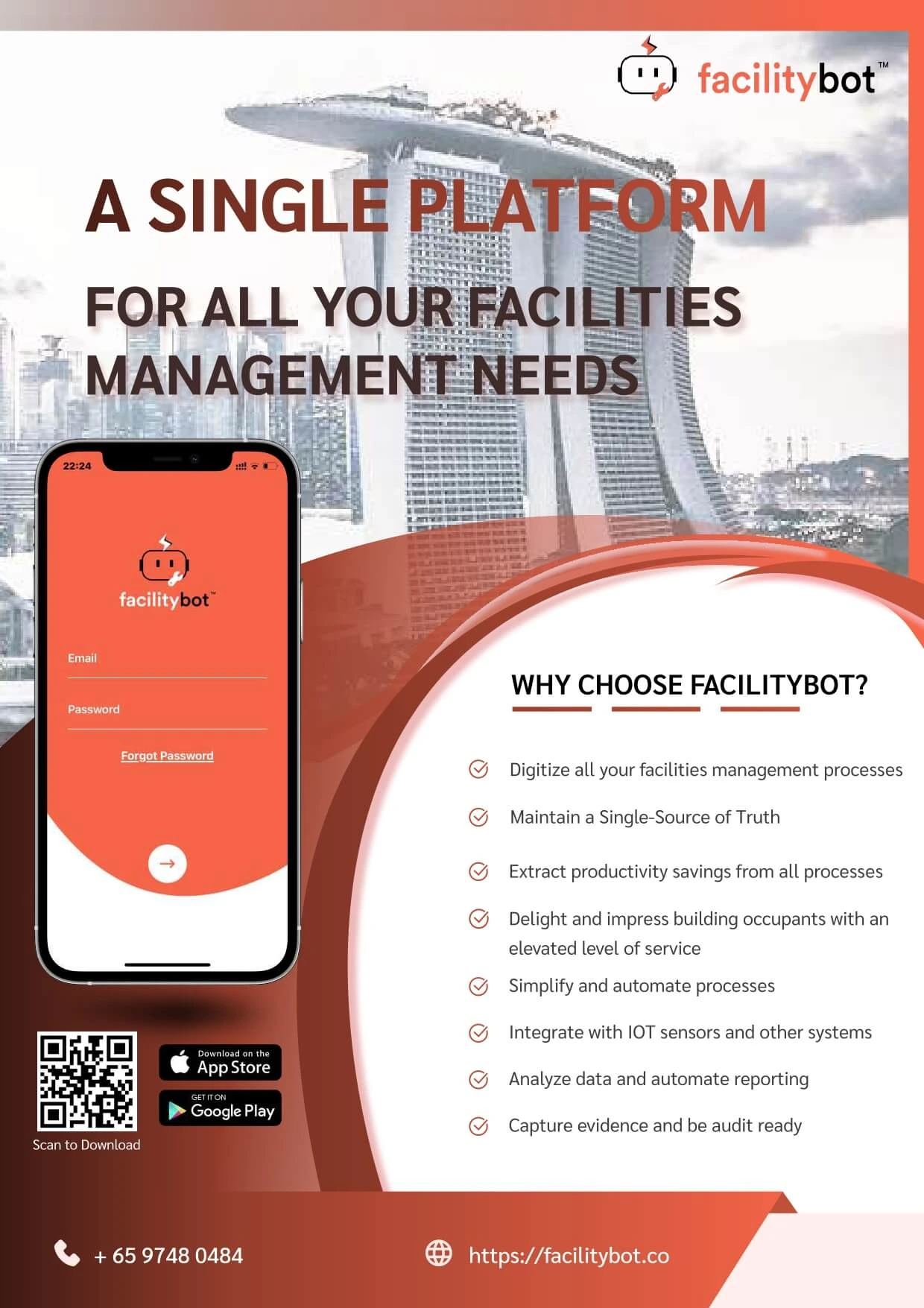Last updated on May 12th, 2025 at 06:27 pm
Procurement is one of the most crucial functions in any organization, directly impacting operational efficiency, cost savings, and long-term growth. At the heart of this function stands the Procurement Manager — the professional responsible for overseeing and optimizing the purchasing processes that support an organization’s strategic goals. But what exactly is the role of a procurement manager, and why is it so vital to business success? Let’s dive deeper.
What is Procurement Management?
Procurement management is the strategic process of planning, sourcing, acquiring, and overseeing goods and services necessary for an organization’s operations. It involves supplier evaluation, contract negotiation, purchasing, risk management, and ensuring that the organization obtains high-quality resources at optimal costs. Effective procurement management supports seamless business operations, cost savings, and long-term sustainability by aligning purchasing activities with overall business objectives.

Procurement Manager
A Procurement Manager, sometimes referred to as a Purchasing Manager, is a key figure responsible for acquiring goods, services, and resources for an organization. Their primary objective is to ensure the company obtains the highest quality products and services at the best possible value, supporting operational needs while managing costs and risks.
Working closely with various departments and stakeholders, procurement managers play an essential role in ensuring seamless operations by making informed purchasing decisions, negotiating with suppliers, and developing strategic procurement initiatives.
What Does a Procurement Manager Do?
Procurement managers lead the sourcing, purchasing, and vendor management processes within a company. They align procurement activities with the organization’s goals by identifying requirements, managing supplier relationships, negotiating contracts, and monitoring procurement performance.

Beyond securing supplies, procurement managers also forecast future purchasing needs, evaluate supplier performance, manage budgets, and enforce compliance with legal and regulatory standards.
Key elements of their day-to-day responsibilities include:
- Building strong relationships with suppliers and internal teams
- Analyzing market trends and supplier options
- Implementing cost-saving initiatives
- Overseeing procurement strategies and procurement teams
- Managing procurement software and streamlining procurement processes
Wanna know a difference between facilities manager and procurement manager then give it a read.
Procurement Manager Responsibilities, Duties, and Tasks
The role of a procurement manager covers a wide range of tasks and responsibilities, including:
- Identifying procurement needs across departments.
- Managing direct and indirect procurement for operational and production requirements.
- Creating RFQs (Request for Quotations) and overseeing competitive bidding processes.
- Developing procurement budgets and strategies to optimize spending.
- Negotiating vendor contracts to secure favorable pricing and terms.
- Strategic sourcing and supplier evaluation to ensure high performance.
- Managing the procure-to-pay process: requisitioning, purchasing, receiving, invoicing, and payment.
- Tracking procurement KPIs to monitor and improve cost-efficiency.
- Forecasting future purchasing demands and adjusting procurement strategies accordingly.
- Collaborating with internal teams to align procurement with broader business goals.
- Overseeing compliance with procurement laws, standards, and regulations.
- Integrating procurement software and embracing digital procurement tools.
- Leading and developing the procurement team to achieve organizational objectives.
- Conducting risk assessments and developing mitigation strategies.
- Analyzing procurement data and preparing regular performance reports.
Ultimately, a procurement manager ensures that purchasing activities are aligned with organizational needs, supporting both daily operations and long-term strategic objectives.
10 Key Skills and Qualities of a Successful Procurement Manager
To excel in this vital role, procurement managers must possess a diverse set of skills and attributes, including:
- Strong negotiation skills
- Effective communication and interpersonal skills
- Strategic thinking and planning abilities
- Financial and budget management expertise
- Risk management and compliance knowledge
- Analytical and data-driven decision-making
- Leadership and team management skills
- Supplier relationship management
- Adaptability to changing markets and technologies
- Proficiency in procurement software tools
Having these qualities enables procurement managers to streamline purchasing processes, build valuable supplier partnerships, and drive organizational success.
Conclusion: Procurement Managers are Strategic Business Drivers
The role of a Procurement Manager extends far beyond simply buying goods and services. They are strategic business drivers who ensure that an organization’s procurement activities are efficient, cost-effective, and aligned with its goals. By managing supplier relationships, mitigating risks, optimizing costs, and embracing technology, procurement managers create a strong foundation for sustainable business growth.
Organizations that invest in strong procurement leadership will benefit from better operational efficiency, cost savings, and a significant competitive advantage.
Simplify Procurement and Facilities Management with Facility Bot
Managing procurement and facilities effectively requires the right technology. Facility Bot, recognized as one of the best facilities management software in Singapore, empowers businesses to streamline procurement processes, manage assets, track vendor performance, and optimize daily operations all from a centralized cloud platform. With its easy-to-use interface and powerful automation features, Facility Bot helps procurement managers and facility teams achieve greater efficiency, transparency, and cost savings. Elevate your procurement and facilities management strategy with Facility Bot today!




